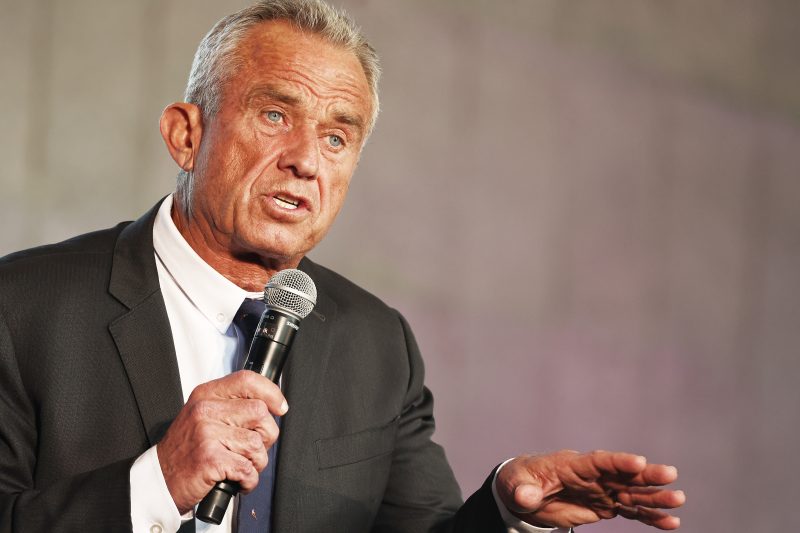
RFK Jr.’s Campaign Flip-Flops on Jan. 6 Defendants, Calls Them ‘Activists’ in Controversial Email
The recent controversy surrounding Robert F. Kennedy Jr.’s campaign describing January 6 defendants as political prisoners has sparked widespread debate and criticism. While many of these individuals face serious charges related to their actions during the Capitol riot, portraying them as mere activists has raised concerns about the normalization of violence and insurrectionist behavior.
The campaign’s initial characterization of the defendants as activists who deserve support and sympathy has been met with strong pushback from various quarters. Critics argue that this framing downplays the severity of the January 6 attack on the U.S. Capitol, which resulted in multiple injuries, deaths, and widespread damage. By equating the defendants to political prisoners fighting for a cause, Kennedy’s campaign inadvertently legitimizes their criminal actions and undermines the rule of law.
Furthermore, the email sent by Kennedy’s campaign serves as a reminder of the power of language and messaging in shaping public perception. By using terms like activists and political prisoners, the campaign attempts to sway public opinion in favor of the defendants and garner support for their cause. However, such rhetoric risks normalizing extremist behavior and encouraging others to engage in similar acts of violence in the name of political activism.
In response to the backlash, Kennedy’s campaign quickly distanced itself from the email, stating that it did not reflect their official position on the January 6 defendants. This move highlights the importance of accountability and transparency in political messaging, as well as the need to carefully consider the implications of the language used to describe sensitive and contentious issues.
The debate over how to characterize the January 6 defendants reflects broader divisions within American society regarding the events of that day and their implications for democracy. While some view the defendants as patriotic heroes fighting against a supposed tyranny, others see them as domestic terrorists who sought to overturn the results of a free and fair election through violent means.
Ultimately, the controversy surrounding Robert F. Kennedy Jr.’s campaign serves as a cautionary tale about the dangers of legitimizing and romanticizing extremist behavior. By reframing criminal actions as acts of political activism, individuals and groups risk fueling division, condoning violence, and undermining the foundations of a democratic society. It is essential for political leaders and influencers to exercise responsibility and sensitivity in their public statements to prevent further polarization and radicalization within society.
